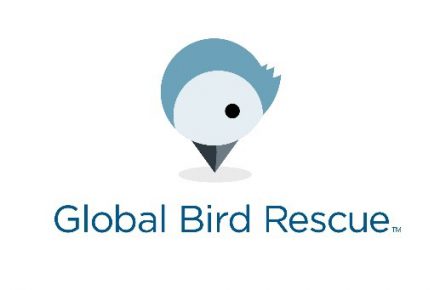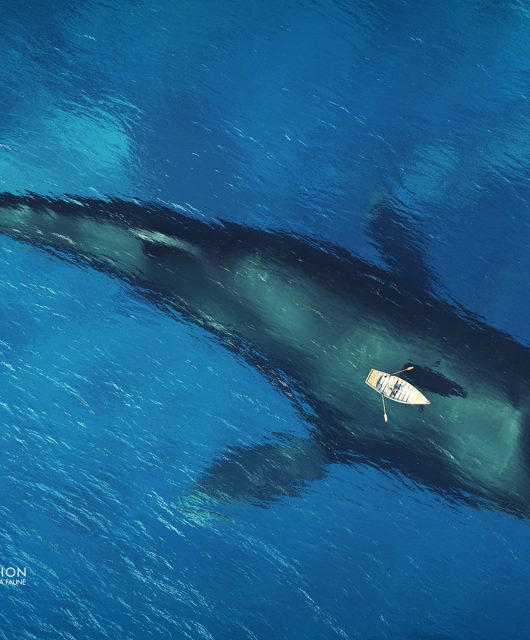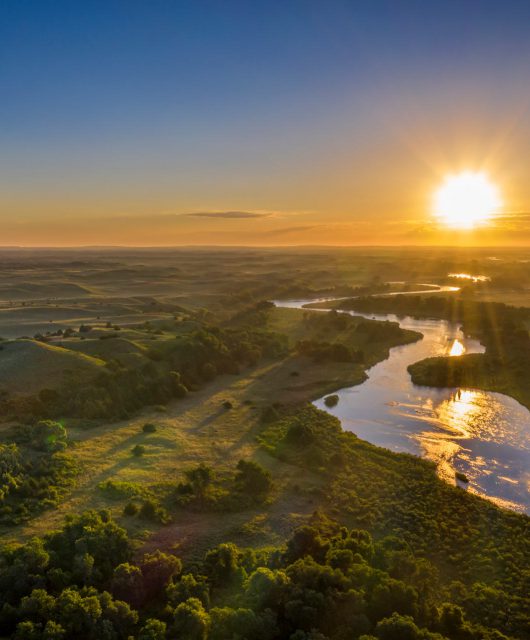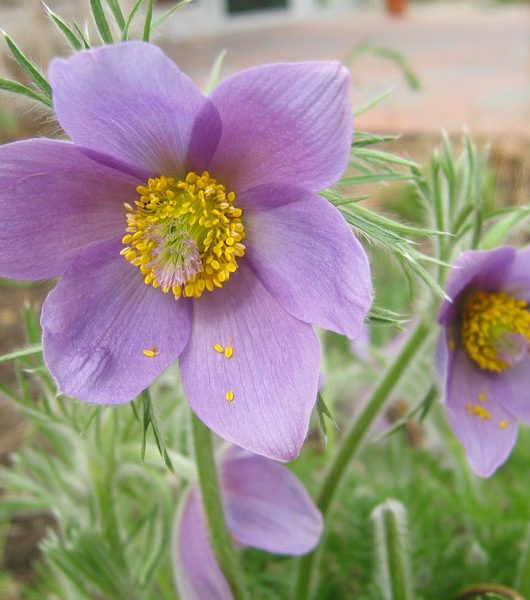While the number of estimated bird deaths due to collisions with buildings is staggering, you can play a key role in helping mitigate these deaths by rescuing birds and identifying hazardous structures.
This September, billions of birds will migrate worldwide. Sadly, the journey of countless birds ends prematurely due to collisions with our urban environment. But you can help many of these birds arrive safely at their destination, while helping to identify structures that pose a risk.
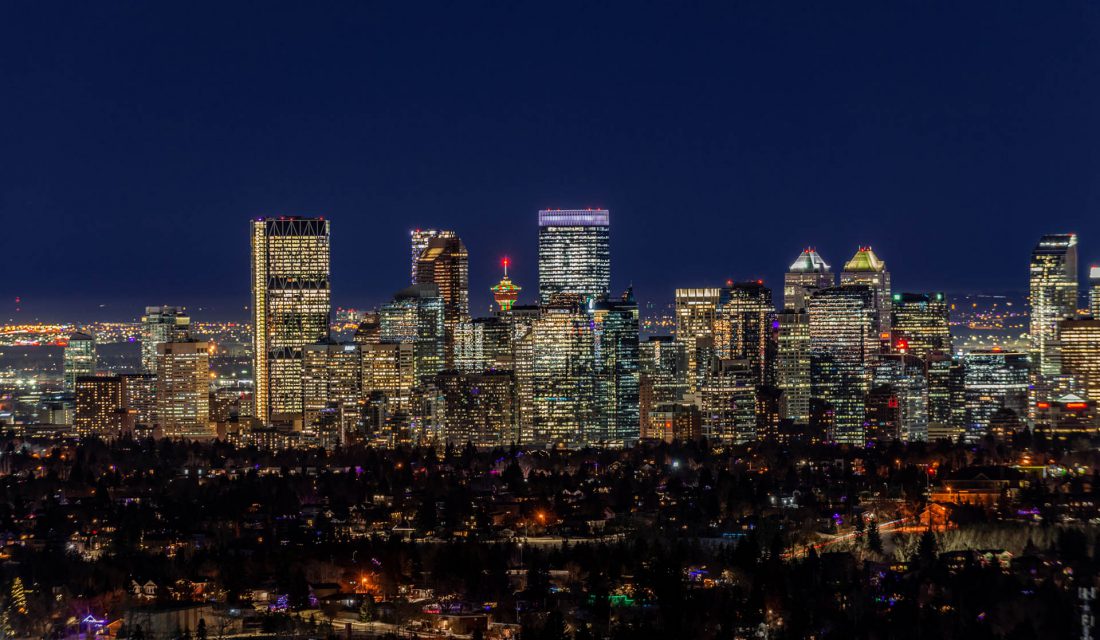
Night lighting can draw birds into our built environment, while windows during the day create the illusion of a safe passage. Bird window collisions are a leading contributor to an estimate loss of 3 billion birds across North America over the past five decades.
In order to reduce collisions and build awareness, it is important to understand where and when collisions occur. Each year during the last week of September, FLAP Canada, with the support of Nature Canada and other generous sponsors, hosts Global Bird Rescue (GBR). The goal of this event is to raise awareness about bird building collisions worldwide by documenting these strikes, rescuing survivors and making windows bird-safe.
Taking part in GBR 2025 is easy, no matter where you live! First, visit globabirdrescue.org and subscribe to receive email updates. On September 22nd through the 28th, participants are asked to record birds that have collided with buildings by entering them into the Global Bird Collision Mapper. You don’t have to be an expert birder to participate. Simply enter the details of your collision encounter into the Mapper’s Report a Collison survey.
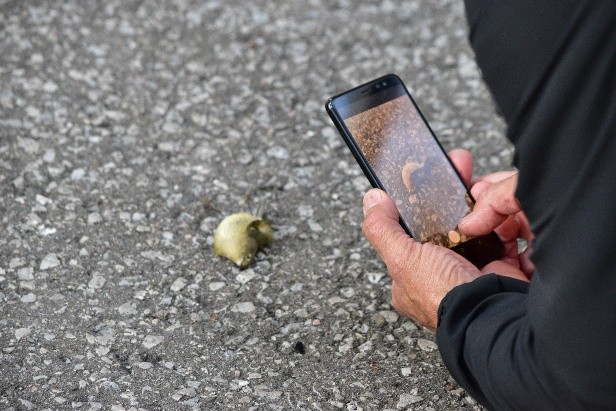
Each report you enter is added to this geo-mapping database, designed to record bird-building collisions worldwide. Your contribution to this data helps deepen our understanding of the bird collision issue, while helping support effective advocacy and policy development. We also hope to inspire participants to work towards creating homes and cities that are safe for birds, in keeping with both Nature Canada’s Bird Friendly City Program and International Migratory Bird Day’s 2025 theme, Shared Spaces.
If you have any questions, please contact James Abbott, Global Bird Rescue Coordinator, at [email protected]
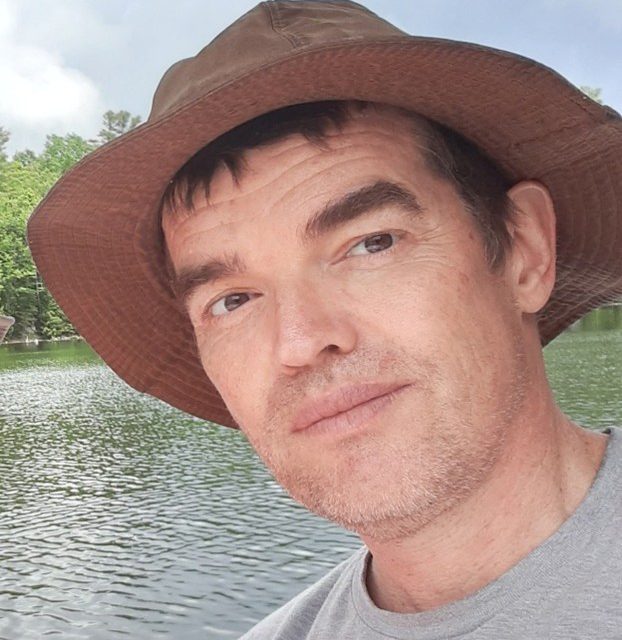 Author
Author
James Abbott
James Abbott is the Coordinator for FLAP’s Global Bird Rescue Program. He lives and works in Toronto.

